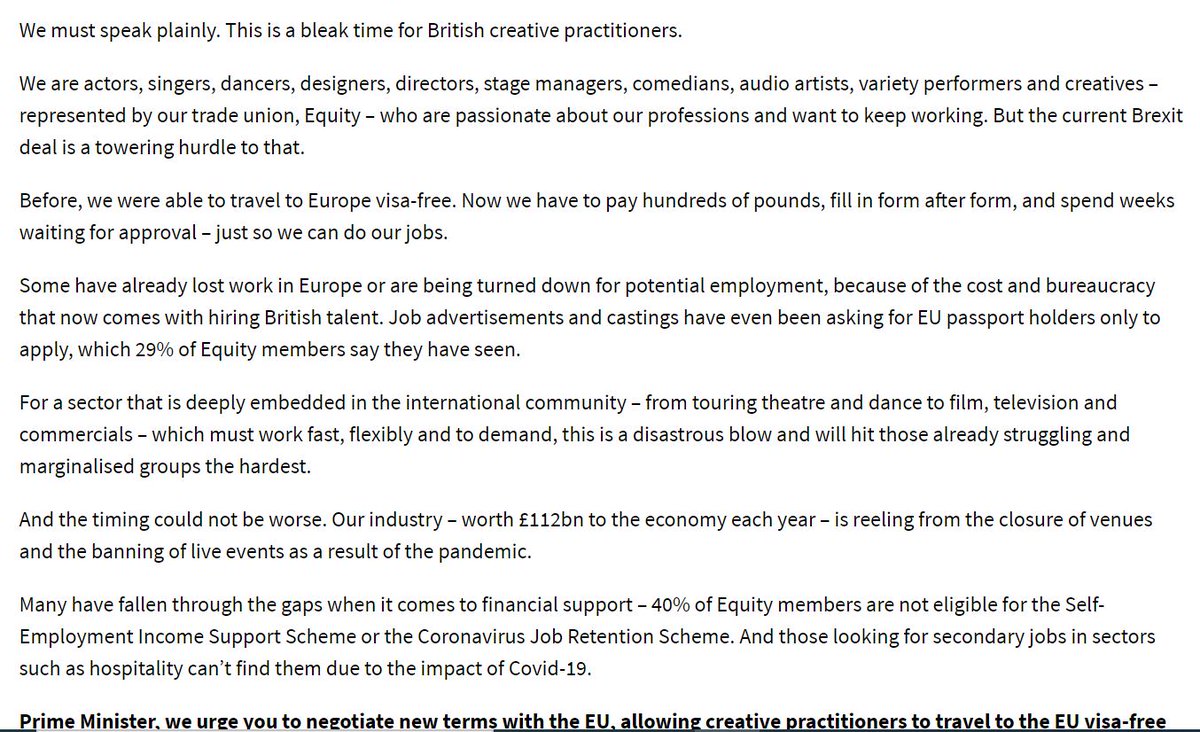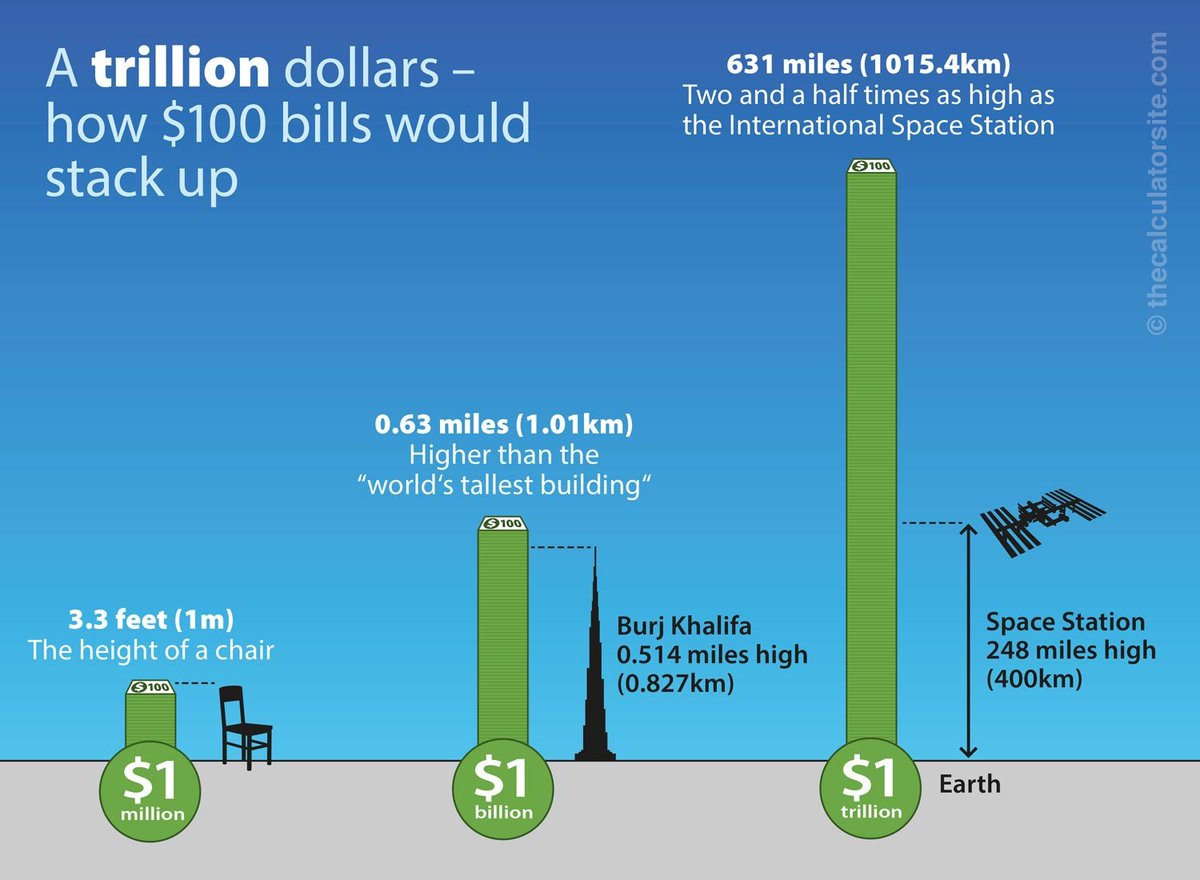End of week 2 thread on post Brexit food trade
There is continued growing unease. The main picture remains one of depressed/tentative trade (c50% down y-o-y) and some high profile logistics business have taken the rational step to stop and regroup.
NEW. \U0001f6a8\U0001f6a8\U0001f69b\U0001f1ec\U0001f1e7\U0001f644\U0001f69b\U0001f69a\U0001f6a8\U0001f6a8 clear signs govt is preparing for coming #brexit turbulence - consulting on new fast-track scheme for food lorries returning to Europe /1
— Peter Foster (@pmdfoster) January 13, 2021
https://t.co/QqDKxBUu3f
A couple of thoughts on the immediate issues and a few more on the medium and long term.

Unfortunately changes to the ‘deal’ are a pipe dream - UK won’t ask, EU won’t allow.
Of course that means it’s even harder for others to catch up
I bet @michaelgove even genuinely believes the patronising ‘get matchfit’ thing.
More from Brexit
Another head-banging day for the £112bn UK creative sector that is starting to ingest how difficult #Brexit is going to make their lives - and how little the government is really willing to do to fix the lack of a 'mobility' chapter in the EU-UK trade deal. Quick update.../1
First Equity @EquityUK put out a letter to @BorisJohnson warning that #brexit was a "towering hurdle" (you'd want Brian Blessed reading that part) to UK actors plying their trade in EU - a double whammy with #COVID19 /2
https://t.co/mXjTAISqZk

@BorisJohnson One third of Equity members say they've seen job ads asking for EU passport holders: "Before, we were able to travel to Europe visa-free. Now we have to pay hundreds of pounds, fill in form after form, and spend weeks waiting for approval" /3
@BorisJohnson Worth recalling that all this goes back to the UK desire NOT to have a 'mobility' provision within the TCA - all part of 'ending Free Movement' and the professional services folk - including musicians, actors, fashion models etc -are all victim of
@BorisJohnson What's the government going to do about all this? Good question, which brings us to todays @CommonsDCMS hearing in which the Culture Minister Caroline Dinenage @cj_dinenage frankly pin-balled around the issues /5
First Equity @EquityUK put out a letter to @BorisJohnson warning that #brexit was a "towering hurdle" (you'd want Brian Blessed reading that part) to UK actors plying their trade in EU - a double whammy with #COVID19 /2
https://t.co/mXjTAISqZk

@BorisJohnson One third of Equity members say they've seen job ads asking for EU passport holders: "Before, we were able to travel to Europe visa-free. Now we have to pay hundreds of pounds, fill in form after form, and spend weeks waiting for approval" /3
@BorisJohnson Worth recalling that all this goes back to the UK desire NOT to have a 'mobility' provision within the TCA - all part of 'ending Free Movement' and the professional services folk - including musicians, actors, fashion models etc -are all victim of
@BorisJohnson What's the government going to do about all this? Good question, which brings us to todays @CommonsDCMS hearing in which the Culture Minister Caroline Dinenage @cj_dinenage frankly pin-balled around the issues /5











